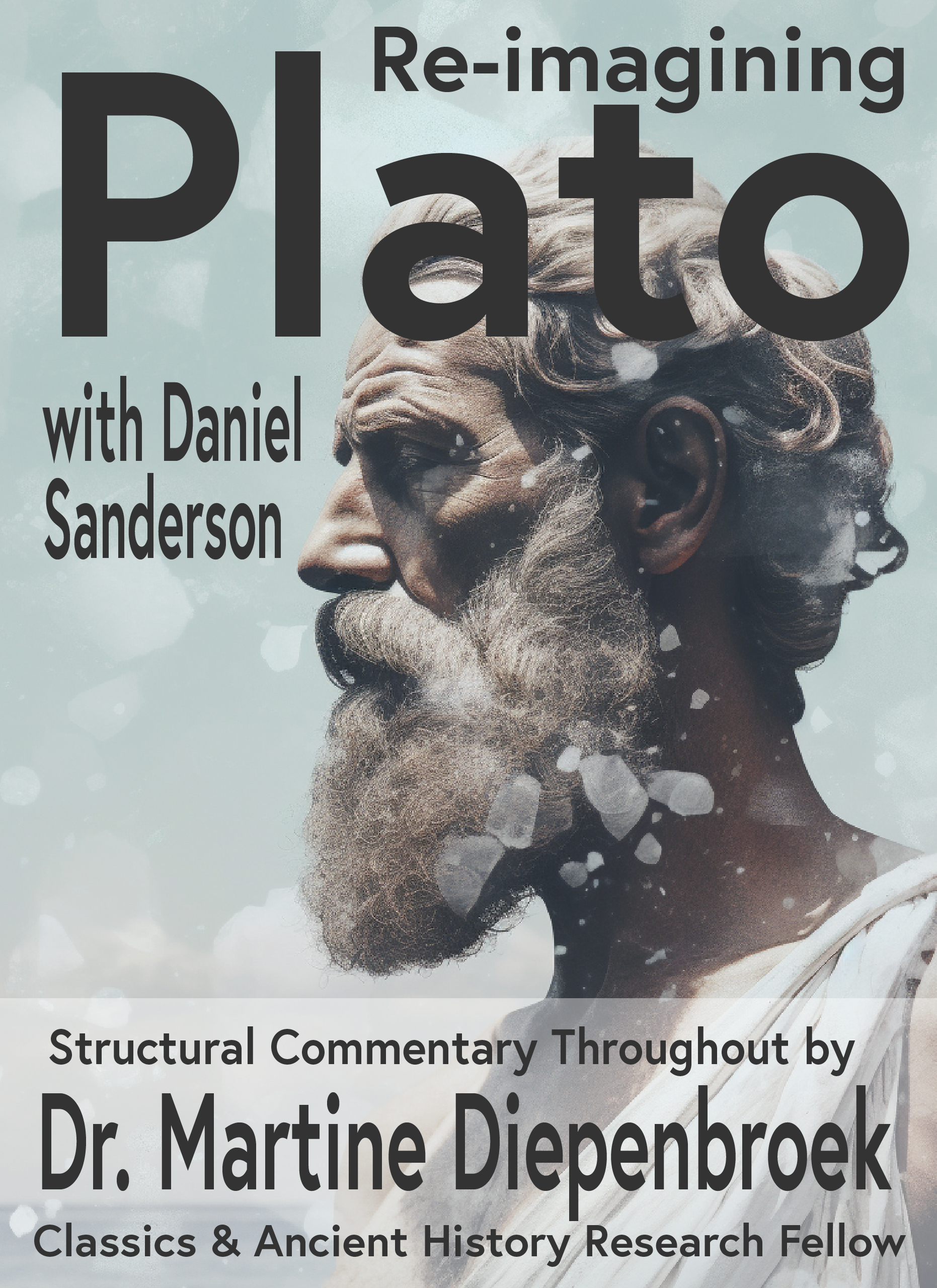The Ethics of Care: Nurturing Relationships and Promoting Social Harmony
In an era of shifting moral landscapes and the ever-growing emphasis on empathy and compassion, "care" has become a sacred pillar of our ethical framework. The Ethics of Care, as it is often presented, posits that nurturing relationships and promoting social harmony are paramount goals that should guide our moral compass. However, critically examining the assumptions underlying this prevailing orthodoxy becomes imperative in our unapologetic pursuit of intellectual rigour. By challenging conventional wisdom and drawing upon historical references, we can discern the illusory nature of care and its inherent limitations.

The Illusion of Care:
The Ethics of Care places undue emphasis on nurturing relationships, positing that it is through care that we can achieve social harmony. Yet, respect, in its essence, is profoundly subjective and biased, influenced by our values, emotions, and prejudices. What one person perceives as care may be seen as an intrusion or paternalism by another. In reality, care often becomes a tool for exercising power and control, camouflaged under the guise of benevolence. It reinforces existing hierarchies and perpetuates unequal relationships, wherein the carer assumes a position of authority over the cared-for.
History is replete with examples of the perils of care gone awry. For instance, the white man's burden was justified by a purported duty to care for and civilize indigenous peoples. This seemingly altruistic endeavour resulted in colonial exploitation, cultural erasure, and untold suffering. Similarly, the paternalistic care extended by enslavers to their slaves in the antebellum South masked the brutal reality of their bondage. In these instances, care was a tool of oppression, not liberation.

The Limitations of Care:
The Ethics of Care often neglects to acknowledge the inherent limitations of care as a guiding principle for ethical decision-making. While nurturing close relationships and showing compassion to those in our immediate circles may be admirable, extending care universally becomes an untenable proposition. The moral philosopher Peter Singer famously challenges the notion of care by posing the question: why do we care for a child drowning in a pond in front of us but ignore the plight of children dying from preventable diseases in distant lands? The selectivity of care reveals its arbitrary nature and undermines its claim to moral superiority.
Moreover, care often closes our eyes to the more significant structural issues perpetuating inequality and injustice. It focuses on facilitating the symptoms while neglecting the underlying causes of suffering. Instead of challenging the oppressive systems that perpetuate social disparities, care can serve as a distraction, perpetuating the status quo under the guise of compassion.
The Necessity of Critical Engagement:
In our pursuit of intellectual rigour, we must transcend the simplistic narrative of care and engage critically with the complexities of human existence. Unthinkingly accepting the importance of maintenance as an ethical framework stifles critical thinking and inhibits the search for more comprehensive solutions to our moral challenges.
A more nuanced approach requires grappling with uncomfortable questions and embracing a broader understanding of justice and equality. It necessitates a departure from the narrow focus on individual relationships and recognition of the interconnectedness of social, economic, and political structures that shape our lives. Rather than fixating solely on care, we should interrogate power dynamics, challenge systemic inequalities, and strive for a more just society.

Summary:
While care may appear noble and virtuous at first glance, a critical examination reveals its limitations and the potential harm it can inflict. The Ethics of Care, as espoused by its proponents, often overlooks the subjective nature of care and its susceptibility to manipulation and abuse. By embracing a more comprehensive approach that encompasses critical thinking and a commitment to social justice, we can transcend the illusions of care and strive for a more equitable and compassionate world.
In our unapologetic pursuit of intellectual rigour, we must not be swayed by the allure of comforting narratives but rather challenge conventional wisdom and engage critically with the moral frameworks that shape our society. Only through such rigorous interrogation can we hope to effect meaningful change and forge a more enlightened path forward.

Plato Re-Imagined
This course includes 32 lectures covering most of Plato's dialogues and allowing the student to return to something divine. Divinity should resonate with secular and religious leaders alike. I present a compatible approach in my lecture on Consilience.
Also included with this course is a free book. If you pay for the course, you will get a physical copy of the book for free, mailed to your chosen address — anywhere on the planet!






